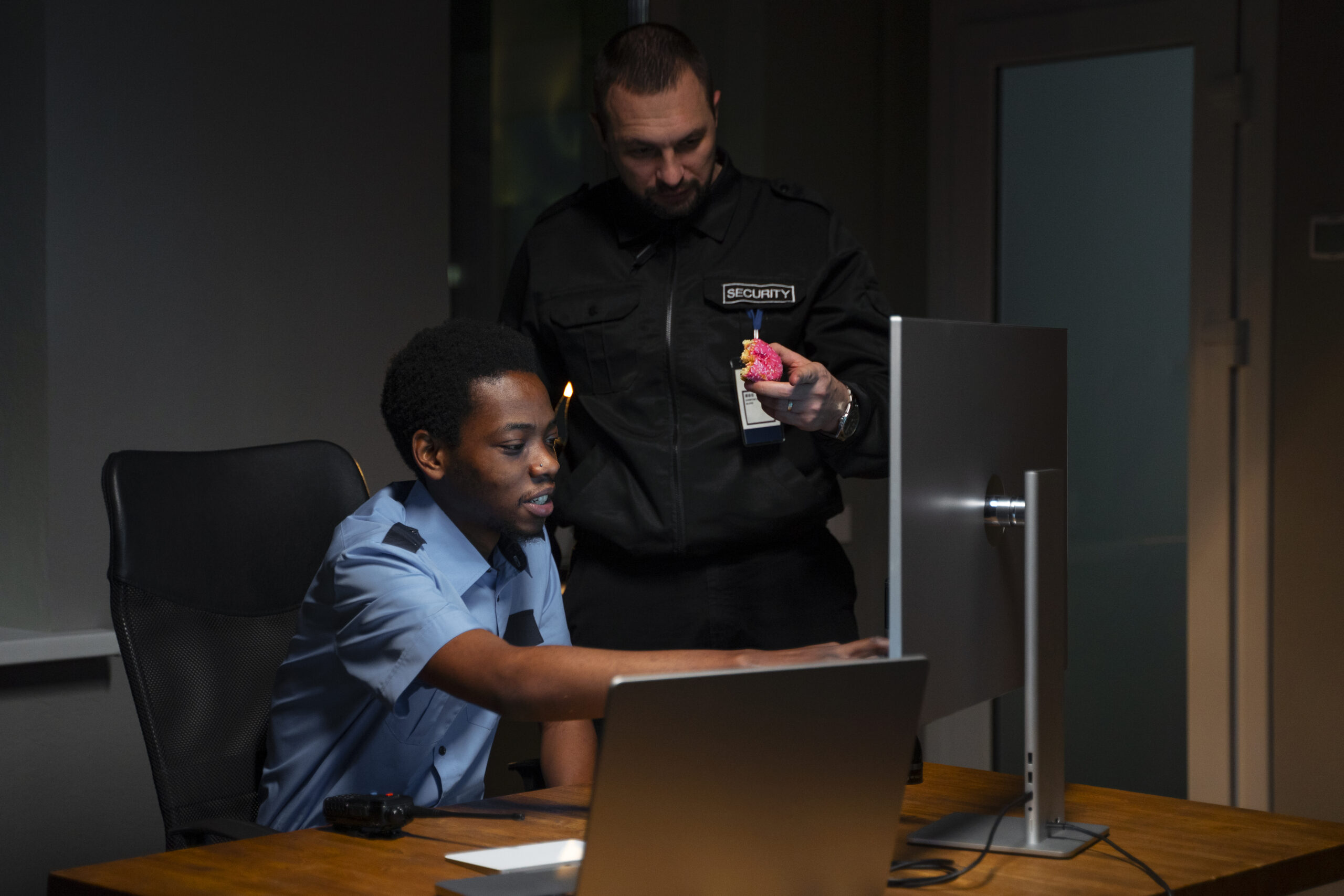It would not surprise you to know that the Singapore Police Force has considerable powers compared to other law enforcement agencies in other democratic countries. Indeed, there are even ongoing proposals in parliament to further expand on these powers that would make it even more challenging for arrested parties to hide anything from the police. However, as expansive as the powers available to police are, law enforcement officials in Singapore are still required to uphold your rights if you are ever arrested.
Of course, being arrested is going to be a daunting experience, even in the best circumstances. If you are a foreigner or are otherwise ignorant of your rights in Singapore, things can become even more challenging than they should be. For that reason, it’s just good sense to take some time to understand your rights and know where to seek legal assistance during such situations. Here’s what you should keep in mind when you’re under police custody in Singapore:
Consult a Lawyer
Unlike in many other countries, arrested parties in Singapore are not granted access to legal counsel during arrest or interrogation. While you do have the right to consult with a lawyer after a “reasonable” amount of time, in practice, this right is always activated after the initial interrogation.
While you may not have counsel during the interrogation, it’s crucial to seek legal advice from a qualified criminal defence lawyer as soon as possible. If you have an inkling that an arrest is imminent, contact a lawyer immediately or have your family arrange for one. A qualified lawyer will give you the guidance you need to navigate the interrogation process and anything else that follows.
Understand Your Right to Silence
Even some native Singaporeans might be surprised to learn that there is no explicit “right to remain silent” in Singapore. Fortunately, you do have the privilege against self-incrimination, which means you are not obligated to say anything that may implicate you in a crime. However, the lack of an all-encompassing right to be silent like there is in other countries means that you have to be extremely cautious when answering questions.
Look Up Your Rights, Regardless of Any Imminent Arrest
Even if you are in no danger of being arrested, it’s prudent to familiarise yourself with your rights as outlined in the Criminal Procedure Code 2010 (CPC), Article 9 of the Constitution of the Republic of Singapore, and other applicable guidelines.
Key rights include your right to legal representation and the right to contact family members, albeit after interrogation. If you’re a foreigner, you also have the right to contact your embassy or consulate to inform them of your arrest. You should also know that detentions are also limited to a maximum of 48 hours unless a magistrate grants a police request for an extension.
Be Aware of Your Right to Amend Statements
Before signing any written statement provided by the police, know that you have the right to review the document so that you can rectify, or delete any inaccuracies. You can also request for the statement to be video-recorded instead. Whether or not you should do so, however, is something that is ideally discussed with your lawyer before you are interrogated.
Understand the Limits of Police Authority
The Singapore Police Force has wide power to conduct searches and produce the “truth” out of suspects. For instance, while lying may be a jailable offence for you, interrogating officers are not duty-bound to tell the truth themselves. This means that they have mostly free rein to lie during the interrogation if they believe they can draw out an incriminating statement that way—which can be a problem when you’re stressed out from the arrest.
Fortunately, as great as the police’s powers are, all police officers must adhere to legal protocols. For example, female suspects must be searched by a female officer, and the court has the discretion to return or withhold confiscated possessions. Once you have access to a lawyer, be sure to recount in detail the events of the interrogation so they have an idea about potential technicalities that could help you, later on.
Final Words
It has to be reiterated that you must seek legal assistance at the first sign that you will be arrested and taken in for questioning. The comparatively weak position of arrested parties in Singapore means that you cannot afford to just ride out an interrogation without some help. The added stress from being in such a life-changing situation can make it all too easy to say the wrong things, even when the interrogating officers have your best interests in mind.
To make things simpler, consider having a defence lawyer on retainer. Ready access to a qualified criminal law expert can make the whole experience of being interrogated a lot less frightening. Aside from the expected assistance related to your arrest, your lawyer can also assist you with reaching out to your employers and alleged victims. In any case, remember to stay calm, assert your rights, and seek professional legal guidance at the first available opportunity.




